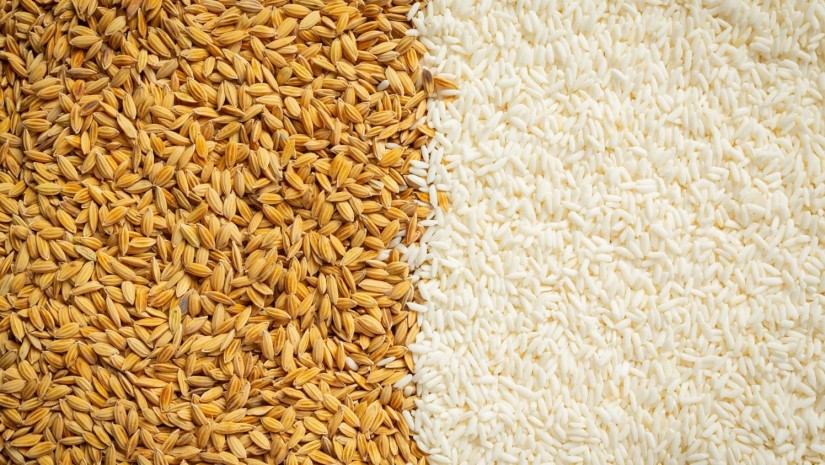Economist Suren Parsyan sharply criticized the proposal made by Armenia's Secretary of the Security Council to replace wheat with rice as a means of ensuring the country's food security, pointing out the significant cost increase and complete dependence on imports.
In a conversation with BMG, Armenian economist Suren Parsyan analyzed the recent statement by Armenia's Secretary of the Security Council, Armen Grigoryan, regarding the possibility of replacing wheat with rice to strengthen the country's food security. Parsyan's analysis indicates that such a decision could have serious negative consequences for Armenia's economy and population.
According to the data cited by the economist, in 2023, Armenia imported 343,562,290 kg of wheat at a customs value of $0.18 per kilogram. At the same time, rice imports amounted to 9,882,140 kg at a price of $0.82 per kilogram. Parsyan emphasizes: "This means that switching from wheat to rice would force our citizens to pay 4.5 times more."
Moreover, the expert highlights the issue of food independence. While approximately 70% of the wheat consumed in Armenia is imported, mostly from Russia, rice is not produced domestically at all. "Therefore, the level of food self-sufficiency would be zero, and dependency would reach 100%. Armenia imports rice from China, Vietnam, India, and other Asian countries," Parsyan notes.
Previously, BMG reported that Armenia's Secretary of the Security Council, Armen Grigoryan, proposed the unexpected solution of replacing wheat with rice as a strategic commodity to improve the country's food security.
According to Armenia's Statistical Committee, Russia remains the leading exporter of grain to the country. In 2023, 99.9% of all grain imports to Armenia came from Russia. Currently, Armenia meets 75% of its annual grain demand through imports.























